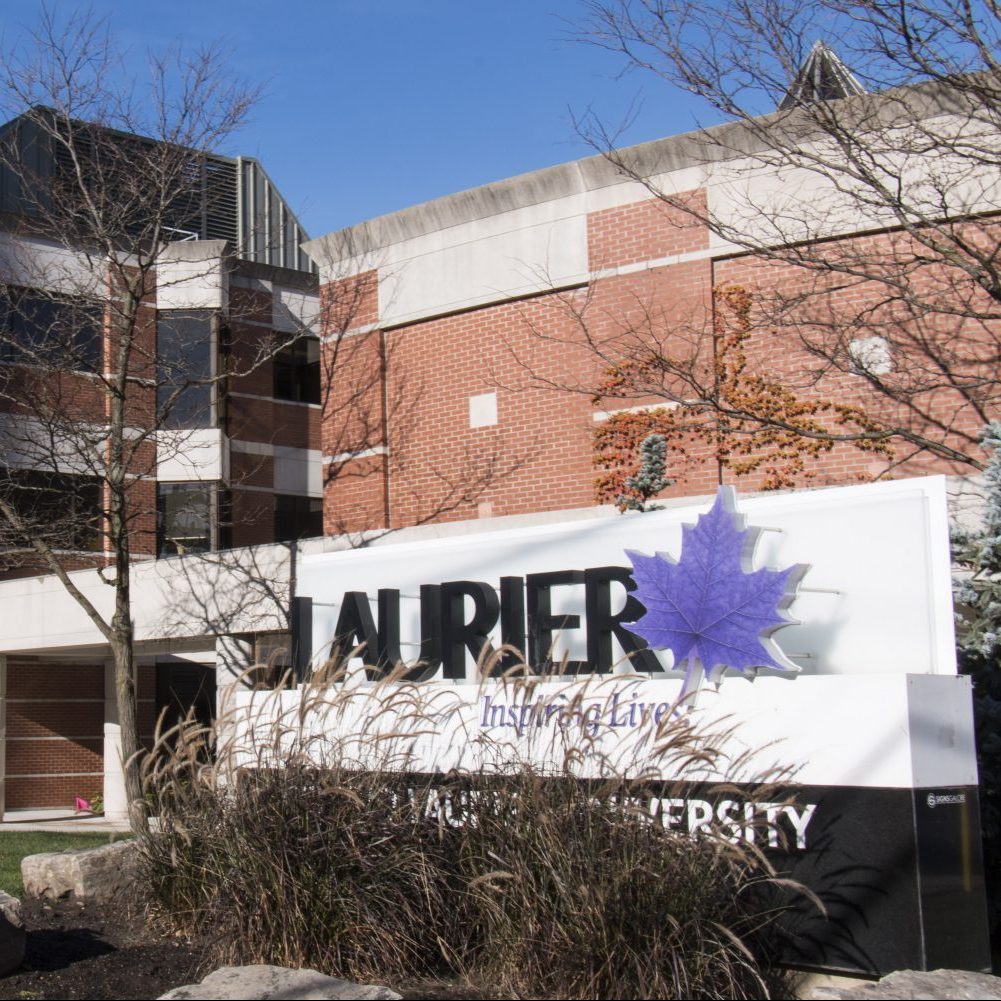Laurier to offer new course on Canada’s criminal justice system and its interaction with Indigenous peoples

Wilfrid Laurier University has launched a new course, Gladue Principles: Indigenous Peoples and the Canadian Criminal Justice System, which will be offered for the first time starting on Jan. 15, 2021.
The 1999 Supreme Court of Canada decision, R. v. Gladue, acknowledged that the Canadian criminal justice system is systemically discriminatory in its treatment of Indigenous peoples.
The course takes a look at the Gladue Principles as applied in Canadian criminal courts and is designed to help those enrolled learn about this part of Canada’s Criminal Code in both practice and theory.
“It’s a collaboration between the Centre for Public Safety and Well-being, our office — the Office of Indigenous Initiatives — and the faculty of human and social sciences,” Melissa Ireland, director and interim senior advisor at the Office of Indigenous Initiatives said.
A team of curriculum developers and advisors with knowledge of historical and contemporary Indigenous issues within the Canadian criminal justice system helped create the course.
This team includes Lisa Monchalin, Lisa M. VanEvery, Erin Hodson, Veronica Martisius, Abby Avery and Jean Becker.
Ireland said the course design has been in the works for over two and a half years.
“It’s taken a while to assemble the expertise and then decide on the delivery models and then put the content together,” Ireland added.
Ireland made note of the importance of consulting Indigenous voices and academics when designing the course.
“[We] want to make sure that we’re inclusive to the diversity of Indigenous lenses and voices … I would say there’s different perspectives and visions, depending on the Indigeneity that people hold and where they come from and their worldview. So I think having multiple Indigenous voices was necessary to put this together.”
“This process was really—I would say—unifying and it was timely. So there’s been some big changes in the courts. And there are so many people that are trying to understand how the Gladue courts system works, so this was an opportunity to come together and there was something that we could support current students as well as community members to understand,” Ireland said.
The Supreme Court’s R. v. Gladue decision recommends that courts take an Indigenous person’s background into account when sentencing, yet Indigenous peoples are consistently over-represented in Canadian prisons.
In January 2020, Canada’s Office of the Correctional Investigator announced that Indigenous peoples account for 30 per cent of those who are incarcerated in Canadian federal prisons, despite only accounting for 5 per cent of Canada’s general population.
“There’s been a number of social concerns that the Supreme Court of Canada wanted to address with creating the Gladue system,” Ireland said. “So, one of it [being] over-representation of Indigenous people in Canadian penal facilities, the presence of systemic racism in Canada’s justice system, [and] how traditional sentencing principles and practices were failing to properly address the needs and realities of Indigenous people.”
“What’s cool about this program is that it’s both a credit option and a non-credit option,” Ireland said.
Upon completion of the credit option, students achieve one full course credit.
The non-credit option consists of an 80-hour certificate and participants learn at their own pace, “making it accessible for working professionals, including those seeking positions in the criminal justice field and those interested in Indigenous rights,” the news release read.
The six course modules cover the Gladue case law, the historic factors that contributed to the creation of the Gladue Principles, an introduction to restorative justice and the importance of Indigenous laws.
The course will raise awareness of issues related to Indigenous peoples’ experiences in the Canadian criminal justice system.
“Having this system to support the work has really changed the outcomes for Indigenous people, but it’s just taking the time to have people understand how to engage in the Gladue principles,” Ireland said.


